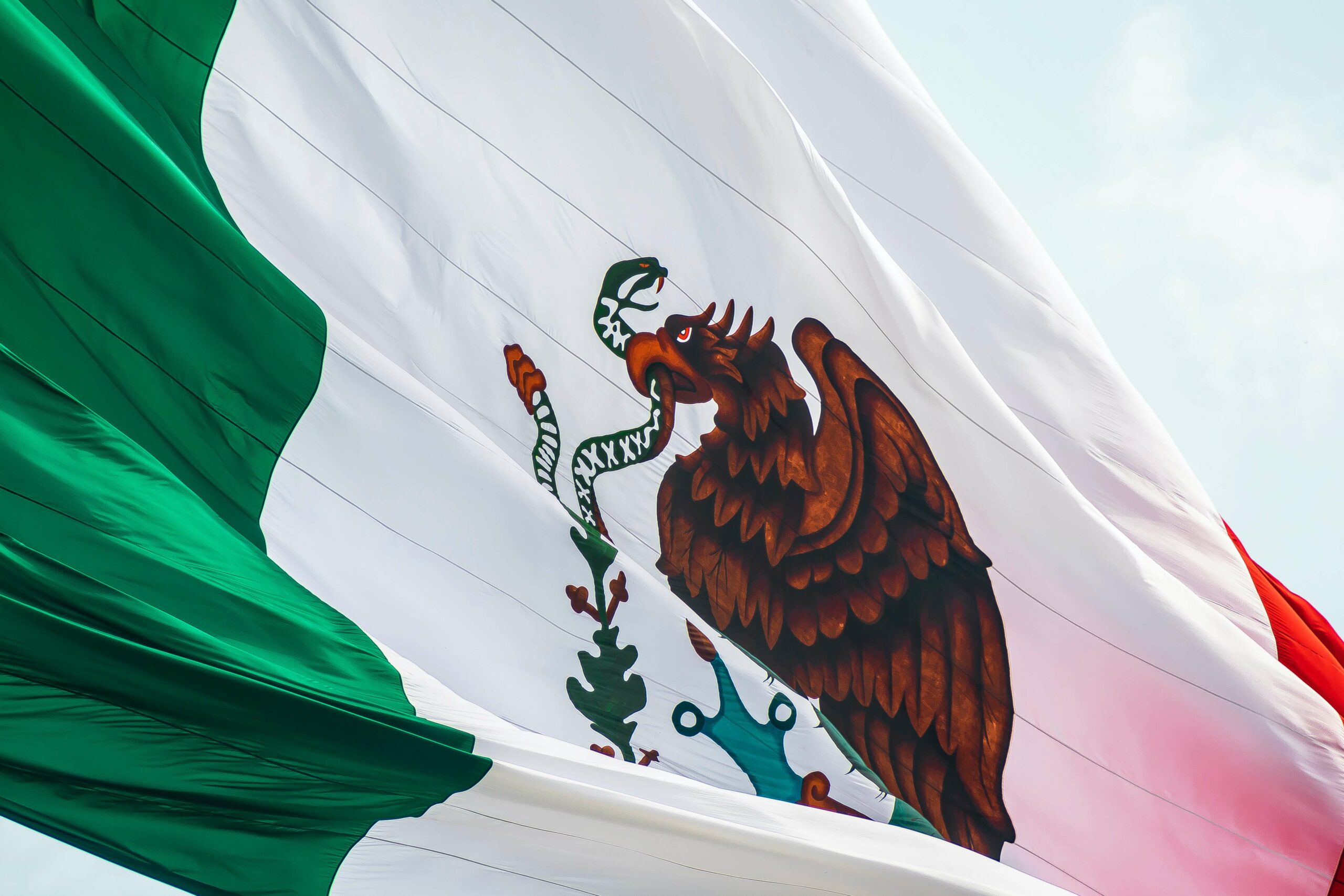
The United States will soon be sandwiched between two nations with federally legalized cannabis.
The United States of America is close to becoming stuck between two countries with legal cannabis. Canada legalized cannabis in 2018, and Mexico is currently moving forward legislation that would legalize cannabis across the country.
The U.S. missed the opportunity to get its own markets, the NASDAQ and the New York Stock Exchange, involved when Canada legalized due to the Department of Justice’s leadership at the time. However a legal cannabis market in Mexico would be bigger, and likely already well-established due to the illicit markets there compared to Canada.
United States Legalization
The full blown legalization of cannabis on the federal level in the United States hasn’t even become a part of the conversation. While likely president-to-be Joe Biden has said he wants to decriminalize cannabis, and the MORE Act sits in the House aiming to do the same thing, a federal legalization that would establish an nationwide legal marketplace, tax system, etc. is not on the horizon yet.
Many don’t see an issue with the country’s lack of legalization at this point considering there are only six states left in the Union that still keep cannabis fully illegal, i.e. not decriminalized, medical or recreational. That means that the other 44 states all have cannabis laws on the books that either reduce penalties for cannabis or legalize it medically or recreationally.
The real issue is that if Mexico does indeed legalize cannabis, the country would have a massive cannabis industry. Due to the current laws in the United States, we would be missing out on a huge opportunity. Unfortunately that is looking like the most plausible outcome at the moment.
Interstate commerce in the cannabis industry doesn’t even exist in the U.S., let alone a system that would allow American cannabis companies to work alongside, collaborate or do business with Mexican cannabis companies. If the Mexico cannabis legalization passes, it should be a wake up call to the U.S. government that we are missing out on massive financial opportunities with our neighbors to the north and the south.
Mexico Cannabis Legalization
The Mexico cannabis legalization bill will establish a regulated cannabis market to allow those eighteen and older (the drinking age in Mexico is also eighteen) to purchase and possess up to 28 grams of cannabis. It also allows a personal cultivation provision for individuals to cultivate up to four plants for personal use.
While the bill is looking promising, there are still some technical requirements that need to be hammered out before outright passage, including whether or not the government should be able to track personal cultivation use. Mexico seeks to regulate and legalize the plant, put strict controls on ownership and the supply chain in place, and to engage in domestic and, most importantly, international commerce surrounding cannabis.
International commerce surrounding cannabis in which the United States likely won’t be allowed to participate. However it won’t be an easy path for Mexico either.
Mexico has a long history of drug-related crime ran by gangs known as cartels which control distribution of a plethora of narcotics to entire regions of the country and South America. Cannabis has been a staple of cartels for decades, and took a major hit when states in the U.S. began to legalize, followed by Canada’s federal legalization which did even more damage.
While it is too soon to say who will be running and operating in the industry when/if it becomes federally legal, it is likely a safe guess that some cartels will “go legal” and distribute their cannabis across the country legally in order to profit again.
The Growing International Cannabis Industry
Mexico wouldn’t be the first neighbor to our south that has legalized cannabis. Uruguay legalized cannabis for recreational use all the way back in 2013. It wouldn’t be until 2017 that the country began sales of legal cannabis, but the country has seen success.
Additionally in Latin America, some form of medical cannabis is allowed in Argentina, Brazil, Chile, Colombia, Mexico, Paraguay, and Peru. Ecuador has reformed its Criminal Code, which opens the door to developing access to cannabis for “therapeutic, palliative or medicinal” purposes. A legal market in Mexico could encourage more Latin American countries to follow suit, creating a new international cannabis industry.
The United States has been a leader in cannabis reform and legalization despite cannabis still remaining illegal on the federal level. However with Canada to the north and Mexico to the south, that could all change. As these markets develop and grow, they will be able to compete, outpace and outperform the American cannabis industries that still operate at the state level.
If Mexico cannabis legalization goes through, the entire conversation surrounding cannabis legalization in the U.S. will likely shift. We have to decide if we want to stay stuck in the past with dated, discriminatory laws that do more harm than good, or move forward with our neighbors and the rest of the world as cannabis becomes an unstoppable global industry.






